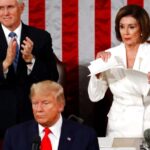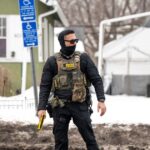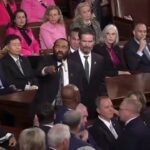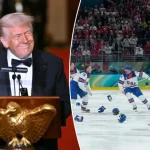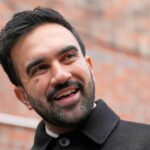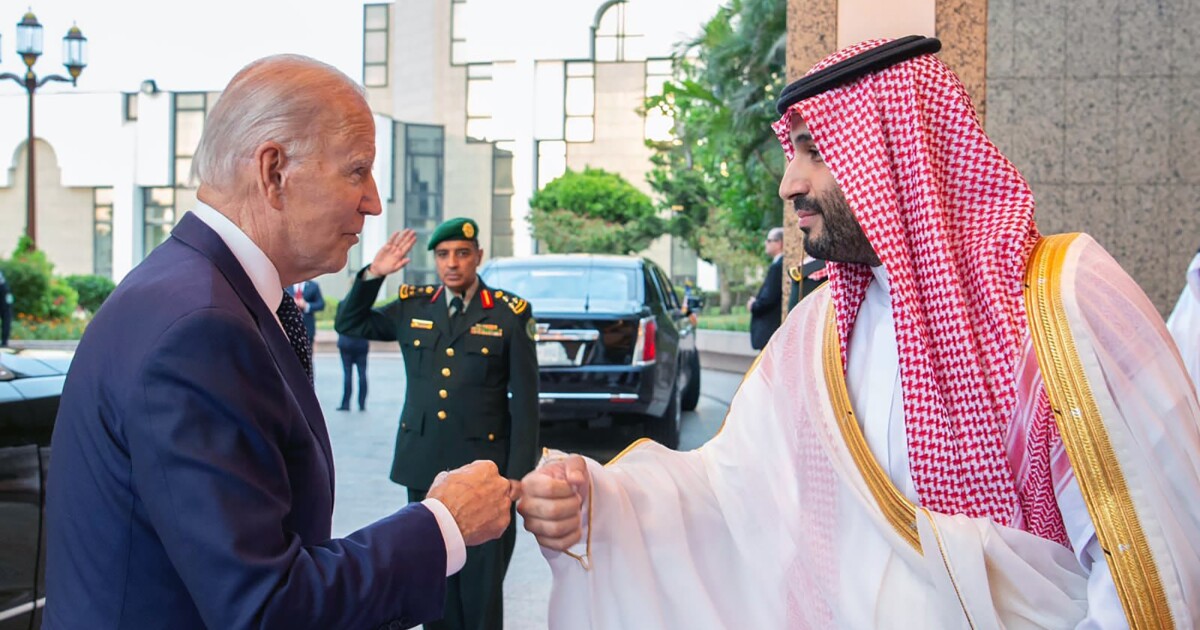

JEDDAH, Saudi Arabia — After weeks of planning, President Joe Biden’s trip to meet with Saudi leaders may have been symbolized by a fist bump.
Days earlier, the White House had said Biden would not shake hands when meeting with leaders in the Middle East due to COVID-19 risks. But many observers thought the president was trying to avoid being photographed shaking hands with Saudi Arabian Crown Prince Mohammed bin Salman, a leader accused of having Saudi-American blood on his hands.
The fist bump did not satisfy everyone who believes “MBS,” as he is popularly called, is responsible for the murder of former Washington Post journalist Jamal Khashoggi. “The fist bump between President Biden and Mohammed bin Salman was worse than a handshake — it was shameful,” Washington Post publisher and CEO Fred Ryan said in a statement afterward. “It projected a level of intimacy and comfort that delivers to MBS the unwarranted redemption he has been desperately seeking.”
BIDEN LOOKING FORWARD TO MEETING SAUDI LEADERS ‘LIKE A ROOT CANAL’
“If ever we needed a visual reminder of the continuing grip oil-rich autocrats have on U.S. foreign policy in the Middle East, we got it today,” tweeted Rep. Adam Schiff (D-CA). “One fist bump is worth a thousand words.”
During a pool spray before Biden met with Saudi leaders, a reporter shouted, “Jamal Khashoggi, will you apologize to his family?” Another asked, “Is Saudi Arabia still a pariah?” The latter question referred to Biden’s choice of words when he vowed during the 2020 campaign to isolate the kingdom over Khashoggi’s murder. Saudi officials appeared uncomfortable with the reporters’ questions.
After the meeting, Biden was asked if he regretted calling the Saudis “pariahs” in the first place. “I don’t regret anything I said,” the president responded. “Next question.” Biden later added, “What happened to Khashoggi was outrageous.”
Confronted with a question about the fist bump, Biden laughed. “God love you, what a silly question,” he said.
Biden arrived facing challenging dynamics that stood in stark contrast to the warm embrace he received from officials in Israel. At stake was the possibility for Saudi Arabia to boost its oil output, easing political pressure on Biden, and a human rights mandate that he has held up as a matter of principle.
The trip emerged “as a strategic decision the president made to make sure that the United States was firmly planting its flag in this region for the long term,” White House national security adviser Jake Sullivan said aboard Air Force One on Friday. “The Middle East remains a strategically vital region.”
Biden immediately had trouble abiding by the White House’s stated no-handshake rule. The president was spotted shaking hands with opposition leader and former Israeli Prime Minister Benjamin Netanyahu. He was again seen shaking hands while meeting Israeli officials during a defense ministry briefing on Iron Dome and Iron Beam technology.
In the days leading up to the trip, Biden was observed shaking hands with congressional leaders on the White House South Lawn. The crown prince fist bump seemed inevitable.
Next, Biden will attend a Gulf Cooperation Council summit of regional oil producers, and the energy discussion will lead the agenda.
But the president was adamant that he kept his commitment to human rights, including holding the crown prince accountable for Khashoggi’s 2018 murder in the Saudi Embassy in Istanbul.
“I raised it at the top of the meeting, making clear what I thought of it at the time and what I think of it now,” Biden said. “He basically said that he was not personally responsible for it. I indicated that I thought he was.”
Khashoggi’s widow, who had been pressing the White House on the plight of Saudi political prisoners, thanked him.
“I would like to thank President Biden for raising my husband, Jamal Khashoggi’s murder with the Crown Prince. He raised it first and foremost and for that I am grateful,” Hanan Elatr said in a statement. “I also would like to thank President Biden for fulfilling Jamal’s true legacy, which is to highlight the issue of human rights and political prisoners.”
“This meeting was the beginning of accountability for my husband’s murder,” she added. “Through the American justice system, I along with my legal team intend to hold all parties accountable for the murder of my husband.”
But Saudi officials took a different tone. “We saw what happened to the assessment of Saddam Hussein having nuclear weapons,” Adel al Jubeir, the Saudi minister of state for foreign affairs, said in a briefing for reporters at the Jeddah InterContinental hotel. “Did George Bush direct people to torture people at Abu Ghraib? No, he didn’t. This happens. Mistakes happen.”
“There’s nothing to agree or disagree with. It was addressed,” al Jubeir said of the Khashoggi conversation among the leaders. “It wasn’t a discussion like you think it was.”
CLICK HERE TO READ MORE FROM THE WASHINGTON EXAMINER
Biden boasted on Friday that he “got the chance to talk to basically the entire Saudi government,” which he had once described as having “very little redeeming social value” during a Democratic primary debate in 2019.
“And thanks to many months of quiet diplomacy by the staff, we’ve accomplished some significant business today,” Biden said.


